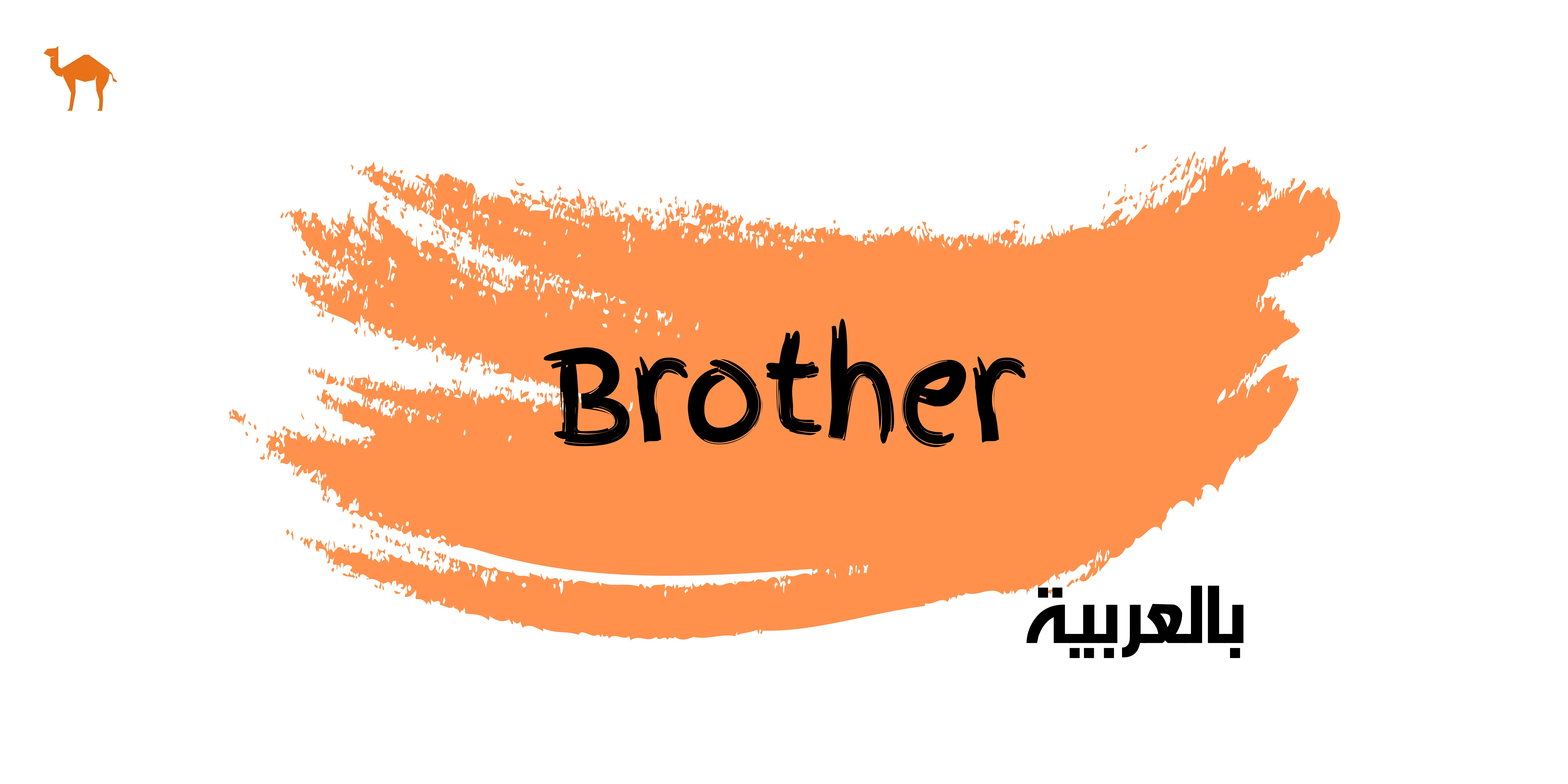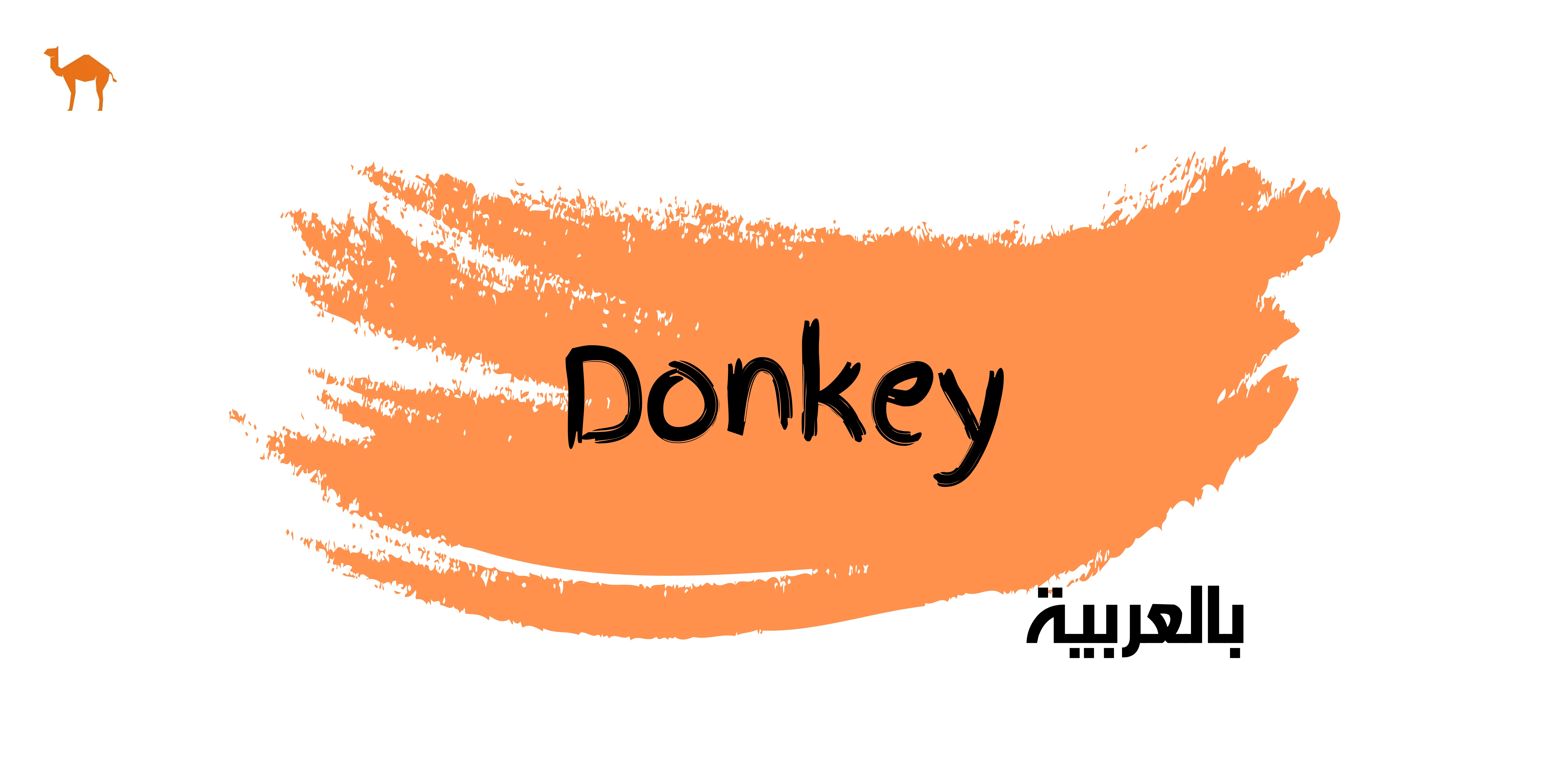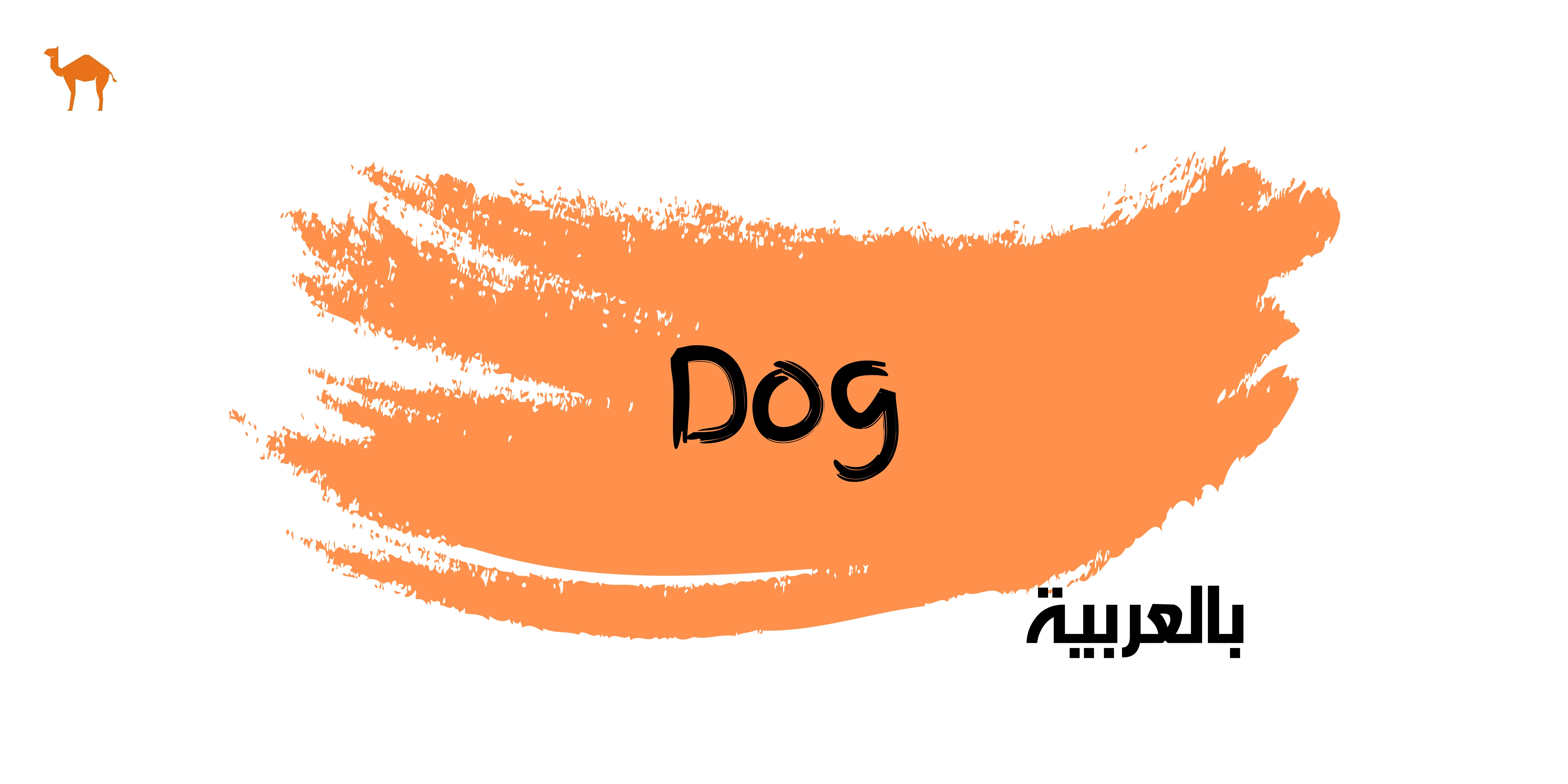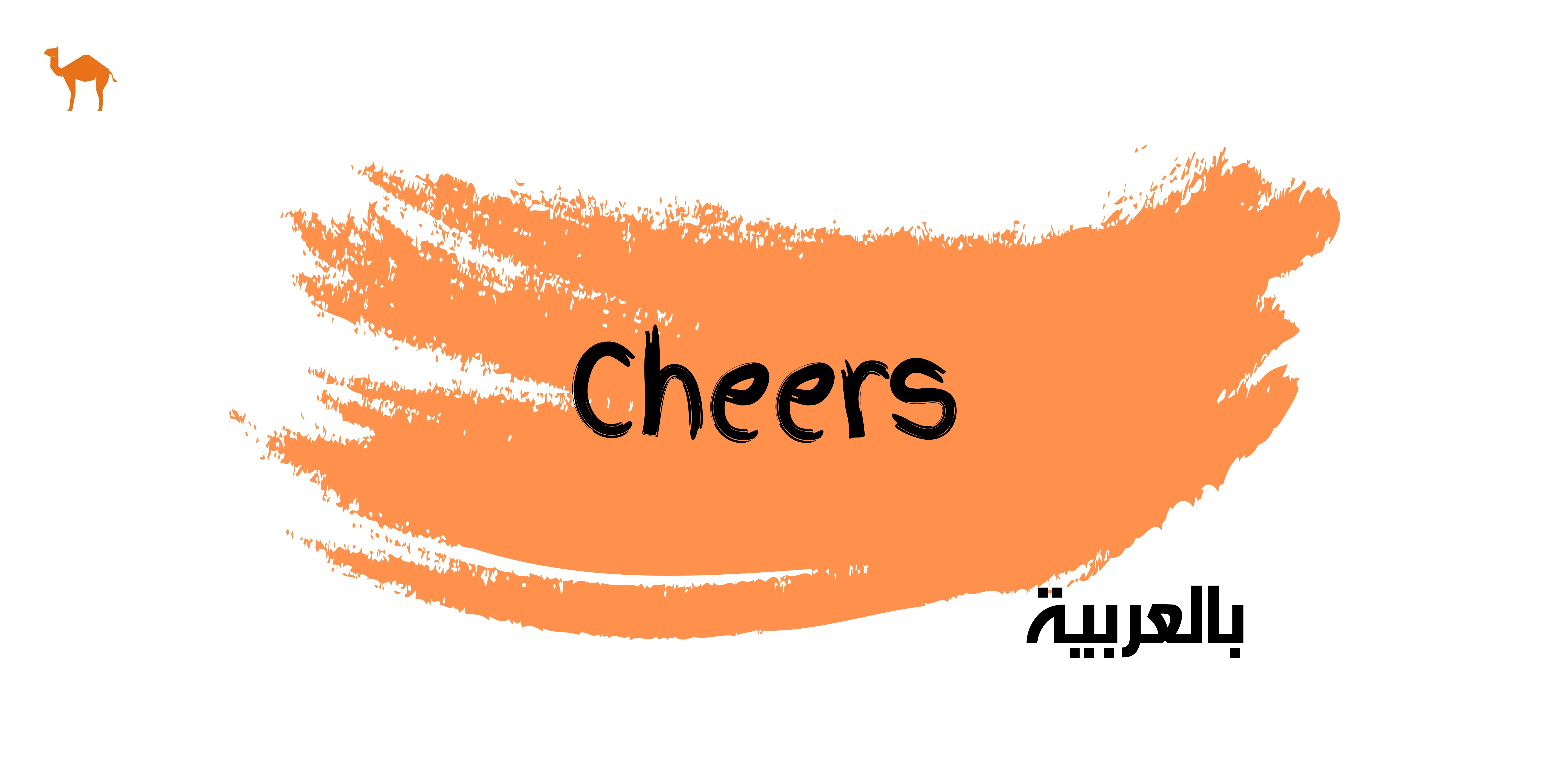How to Say 'Brother' in Arabic

In Arabic culture, familial relationships hold significant importance, and the term 'brother' carries a depth of meaning and respect. Whether you're seeking to understand the nuances of this term or hoping to address someone appropriately in Arabic, it's essential to grasp the various ways to express this familial bond. In this post, you will learn how to say brother in Arabic.
How to Say Brother in Arabic
The concept of brotherhood extends beyond biological or religious ties in Arabic culture. These terms are often reflective of the deep-seated values and traditions within Arab societies.
Akh - أخ
The most common term for 'brother' in Arabic is 'Akh' (أخ). This term is widely used to refer to a male sibling or even to address a close male friend with whom one shares a strong bond akin to brotherhood. In Islamic contexts, another significant term for brother is "Akh fil Deen" (أخ في الدين), which translates to "brother in faith." This term emphasizes the spiritual bond between individuals who share the same religious beliefs, regardless of blood relation. The concept of brotherhood extends beyond biological or religious ties in Arabic culture. 'Ukhwa' (أخوة), means "brotherhood," and emphasizes the solidarity and camaraderie among individuals within a community. Similarly, 'Akhi' (أخي) translates to "my brother" and is often used affectionately to address someone with whom one shares a close bond.
Here are the variations of "Akh" depending on whom you’re addressing:
- Akhi (أخي) means "My brother".
- Ukhti (أختي) means "My sister".
- Ekhwati (إخوتي) means "My brothers". The plural of "Akh" is for brothers (two or more).
- Akhwati (أخواتي) means "My sisters". The plural of "Ukht" is for sisters (two or more).
Shaqeq - شقيق
An alternative word for 'Brother' in Arabic is 'Shaqeq' (شقيق), which refers to a brother who shares the same biological parents. It's important to understand the difference between "Akh shaqeeq" (أخ شقيق) which means (full brother) and "Akh ghair shaqeeq" (أخ غير شقيق) which means (half-brother). "Akh shaqeeq" has the same biological mother and father, while "Akh ghair shaqeeq" has either the same mother or the same father.
Siblings
- Akh Akbar (أخ أكبر): Means "older brother."
- Akh Asghar (أخ أصغر): Means "younger brother."
- Ukht Kubra (أخت كُبرى): Means "older sister."
- Ukht Sughra (أخت صُغرى): Means "younger sister."
Half-Siblings
- Akh Min al-Ab (أخ من الأب): This translates to "half-brother from the father's side."
- Akh Min al-Umm (أخ من الأم): This translates to "half-brother from the mother's side."
- Ukht Min al-Ab (أخت من الأب): This translates to "half-sister from the father's side."
- Ukht Min al-Umm (أخت من الأم): This translates to "half-sister from the mother's side."
How to Say Brother in Arabic Dialects
It's important to note that Arabic is a diverse language with regional variations and dialects. In different Arab countries and communities, there may be variations in the pronunciation or usage of terms related to brotherhood, as follows:
- Egyptian Arabic
"Akhuya" (أخويا): This is a common and friendly way to address your brother in Egyptian Arabic.
- Levantine Arabic:
"Khayye" (خَيّي): This is a more affectionate term used in Levantine Arabic, especially for a close brother.
- Iraqi and Kuwaiti Arabic:
"Wedi" (ودي): This means "my valley" but is used very informally for brother in Iraqi Arabic. Kuwaiti Arabic uses a similar term يا خوي (Yaa Khee).
- Gulf Arabic (Saudi Arabia, UAE, Qatar, Bahrain):
"Khwayy" (خويِّ): This is a common informal term for brother in Gulf Arabic dialects.
- Maghrebi Arabic (Morocco, Algeria, Tunisia):
"Wilidi" (وليدي): Similar to the Iraqi usage of "Wedi", this literally means "my child" but is used informally for brother in Maghrebi dialects.
Various ways to say 'brother' in Arabic
There are formal and informal ways to say 'Brother' in Arabic, depending on the nuance you want to convey:
Formally
- Akhi al-Karim (أخي الكريم): Adding "الكريم (al-Karim)" which means "generous" or "noble" makes it even more respectful and emphasizes your high regard for your brother.
- Seyadet al-Akh (سيادة الأخ): This literally translates to "Mr. Brother" and is a very formal way to address someone, often used in official settings or when addressing someone much older or of higher status.
Informally
- Ya Akhi (يا أخي): This is a widely understood informal term across many Arabic dialects, literally meaning "Oh brother". It's friendly and can be used in various contexts.
- Ya Akh (يا أخ): A shorter, punchier version of "Ya Akhi" used often in Levantine Arabic (spoken in Syria, Lebanon, Jordan, and Palestine).
Many Arabic dialects have their unique slang terms for brother, often playful or expressive. Here are a few examples:
- Ya Sahbi (يا صاحبي): This means "O my friend" and is a friendly way to address a brother in Egyptian Arabic.
- Ya Habib (يا حبيب): Meaning "O dear", this is a term of endearment for a brother in Levantine Arabic.
These are just a few examples, and there are many more regional variations and slang terms used throughout the Arabic-speaking world. The best way to learn the most natural way to address your brother informally is to listen to how native speakers talk to each other.
How to Address Older Brother in Arabic
Formal Settings
- Akhi al-Akbar (أخي الأكبر): This literally translates to "my older brother" and is the most formal and universally understood way to address your older brother in Modern Standard Arabic (MSA).
- Sayyidi (سيدي) + [Brother's Name]: This translates to "Mr." plus your brother's name and is an extremely respectful way to address him, especially if there's a significant age gap or in very formal situations.
Informal Settings
- Akhuya (أخويا): This is a common and friendly way to address your older brother in Egyptian Arabic.
- Ya Akhi (يا أخي): This translates to "Oh brother" and is a friendly and casual greeting you can use in most Arabic dialects.
- Ya Akh (يا اخ): A shorter version of "Ya Ukhi" used often in Levantine Arabic (spoken in Syria, Lebanon, Jordan, and Palestine).
Terms of Endearment
- Ya Kebir (يا كبير): This literally means "Oh big one" and is a playful term of endearment for an older brother in some dialects.
- Habeeb al-Qalb (حبيب القلب): This translates to "Beloved of the heart" and is a very affectionate way to address your older brother.
Explore the richness of the Arabic language and culture with eArabic.io's online courses tailored for learners worldwide, whether you're a beginner or an advanced student, our comprehensive curriculum and expert instruction provide an immersive learning experience accessible from anywhere. Dive into the program in Arabic, designed to deepen your understanding and proficiency in this vital language. Book a free Arabic lesson!



